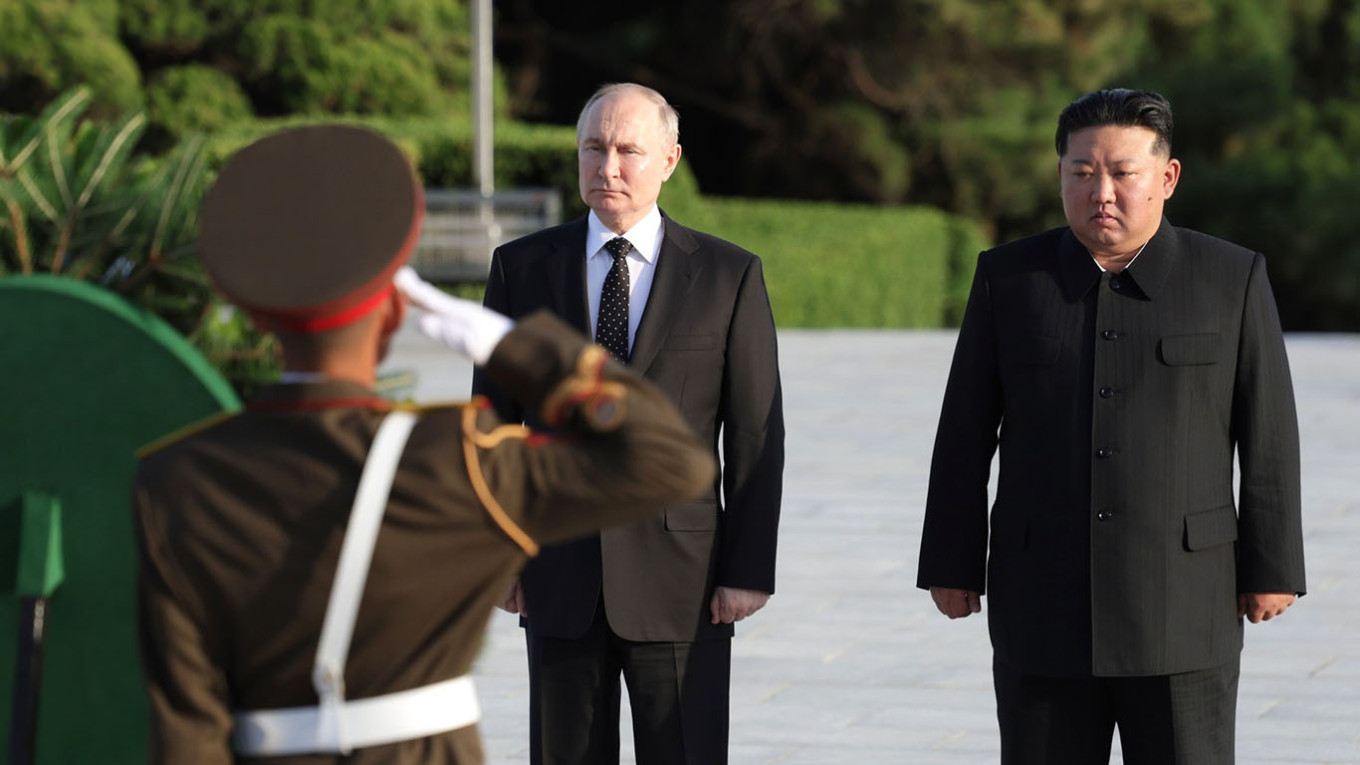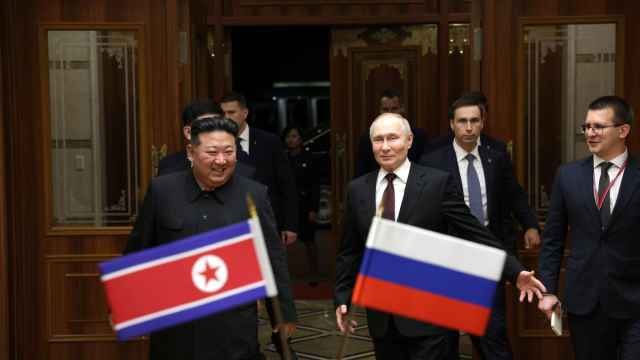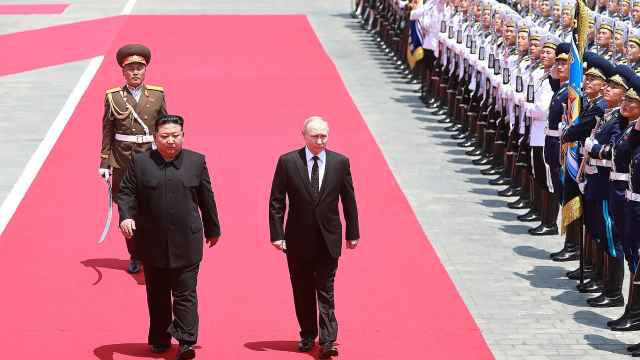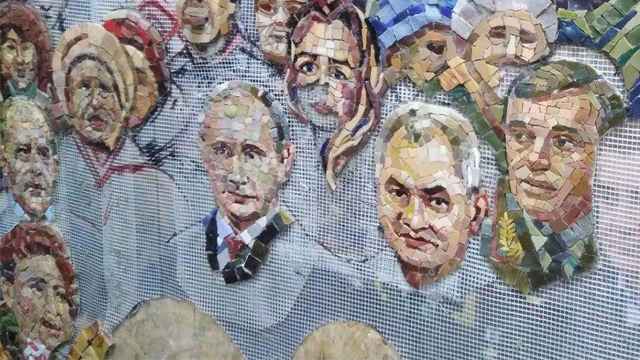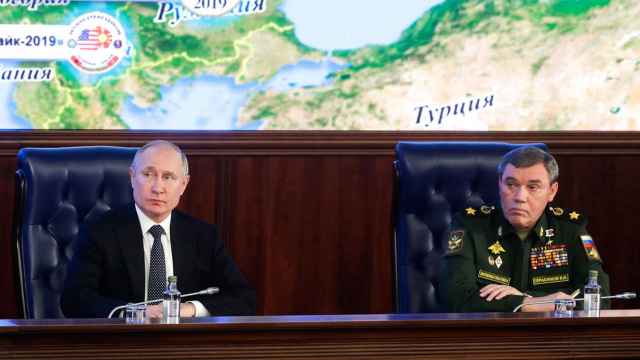A mutual defense pact between North Korea and Russia entered into force Wednesday after the two sides exchanged ratification documents.
The open-ended “Comprehensive Strategic Partnership Treaty” obligates both states to provide military assistance “without delay” in the case of an attack on the other, and to jointly oppose Western sanctions.
North Korea and Russia have strengthened their military ties since Moscow’s full-scale invasion of Ukraine in February 2022. Both countries are under a raft of UN sanctions — the former for its nuclear weapons program and the latter for the invasion of Ukraine.
The pact came into effect when the ratification instruments were exchanged in Moscow by the countries' deputy foreign ministers Kim Jong Gyu and Andrei Rudenko, North Korea's official KCNA news agency said Thursday.
The treaty will serve “as a strong driving force accelerating the establishment of an independent and just multi-polarized world order without domination, subjugation and hegemony,” KCNA said.
North Korean leader Kim Jong Un said last week during Russian Defense Minister Andrei Belousov’s visit to Pyongyang that his government, army and people would “invariably support the policy of the Russian Federation to defend its sovereignty and territorial integrity.”
President Vladimir Putin and Kim signed the pact in June during the Russian leader’s visit to Pyongyang. Putin hailed the deal as a “breakthrough document.”
Lawmakers in Moscow last month voted unanimously for the deal and it was later signed by the president. Pyongyang said it was ratified by a decree from Kim.
The formalization of the treaty comes as the United States and South Korea have accused the nuclear-armed North of sending more than 10,000 soldiers to help Russia fight Ukraine.
Experts say Kim is keen to acquire advanced technology from Moscow and battle experience for his troops in return.
Analysts have suggested Pyongyang could be using Ukraine as a means of realigning its foreign policy.
By sending soldiers, North Korea is positioning itself within the Russian war economy as a supplier of weapons, military support and labor — potentially even bypassing traditional ally, neighbor and main trading partner China, they say.
AFP contributed reporting
A Message from The Moscow Times:
Dear readers,
We are facing unprecedented challenges. Russia's Prosecutor General's Office has designated The Moscow Times as an "undesirable" organization, criminalizing our work and putting our staff at risk of prosecution. This follows our earlier unjust labeling as a "foreign agent."
These actions are direct attempts to silence independent journalism in Russia. The authorities claim our work "discredits the decisions of the Russian leadership." We see things differently: we strive to provide accurate, unbiased reporting on Russia.
We, the journalists of The Moscow Times, refuse to be silenced. But to continue our work, we need your help.
Your support, no matter how small, makes a world of difference. If you can, please support us monthly starting from just $2. It's quick to set up, and every contribution makes a significant impact.
By supporting The Moscow Times, you're defending open, independent journalism in the face of repression. Thank you for standing with us.
Remind me later.


